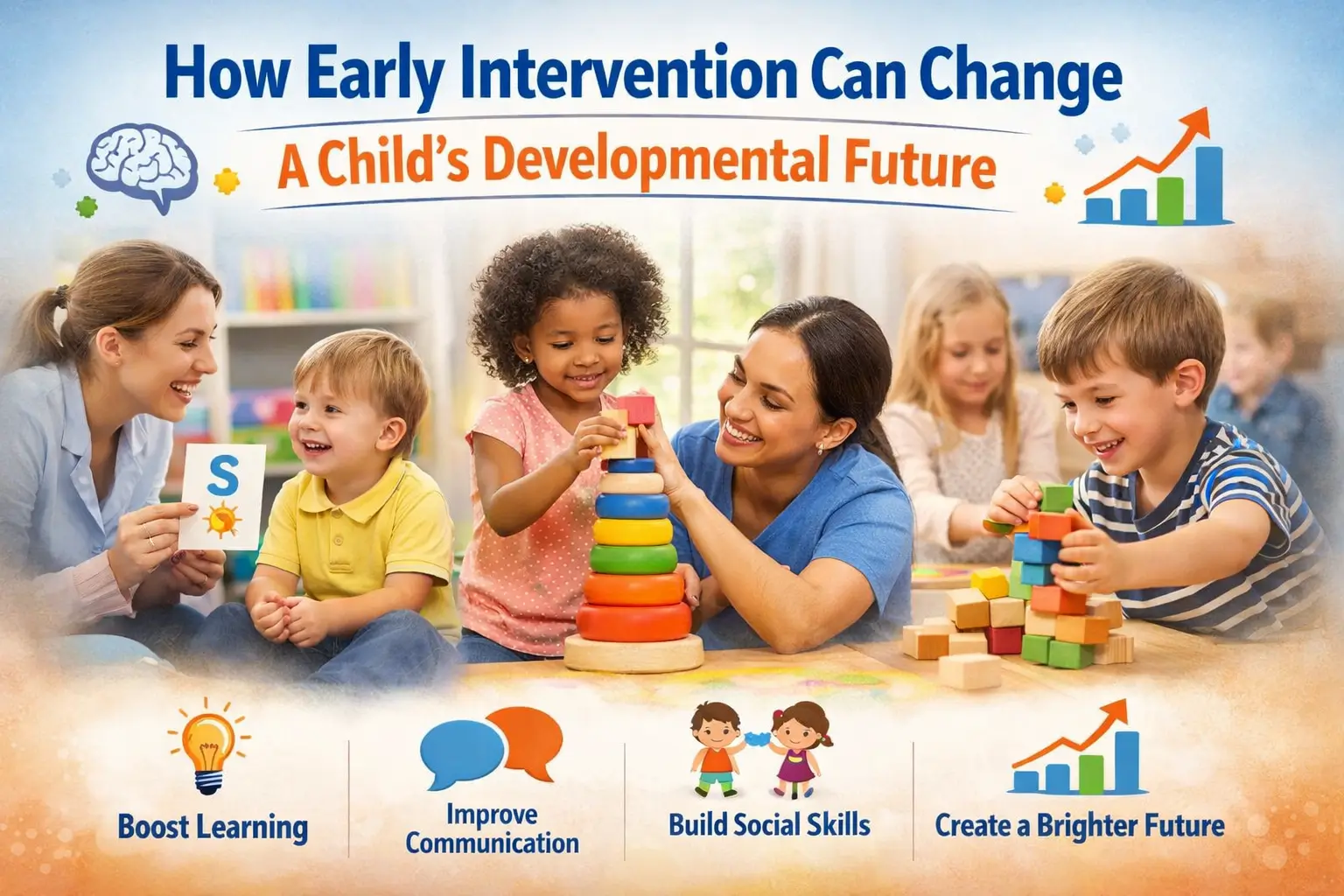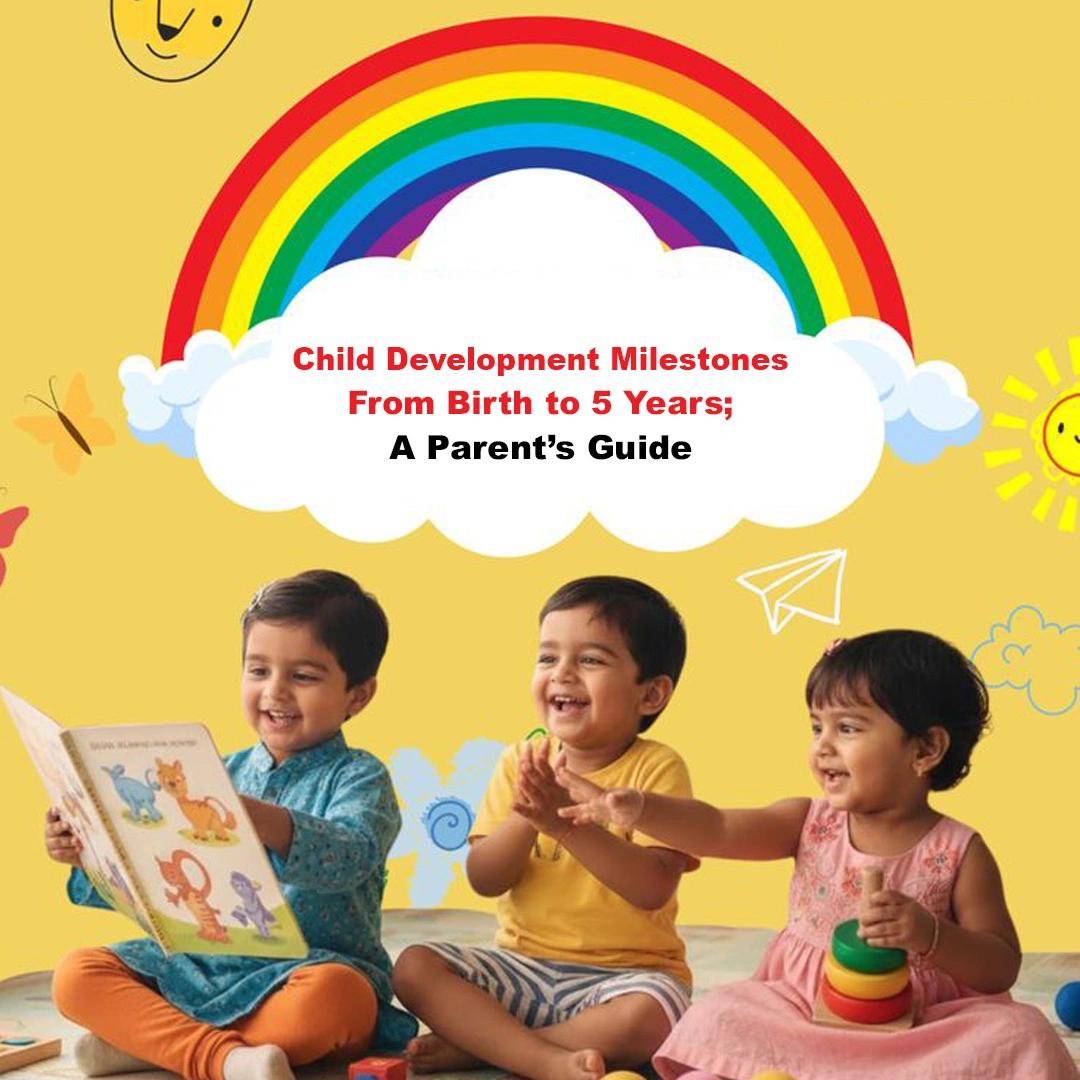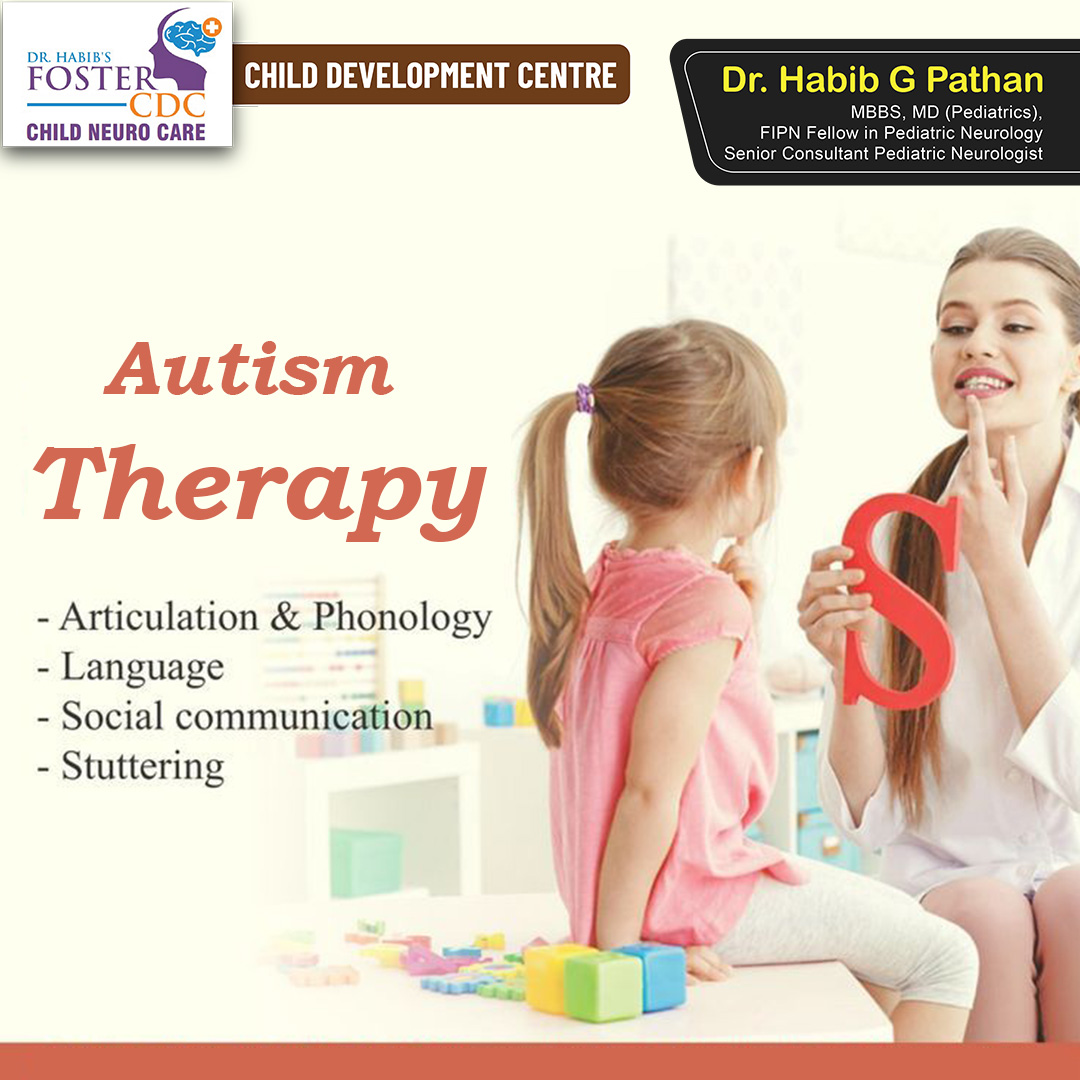
Therapies for Childhood ADHD: A Comprehensive Guide
Therapies for Childhood ADHD: A Comprehensive Guide
ADHD
therapies for kids: Childhood ADHD (Attention-Deficit/Hyperactivity Disorder)
is a neurodevelopmental condition affecting millions of children worldwide,
impacting their ability to focus, stay organized, and control impulsive
behavior. ADHD often presents significant challenges both for children and
their families, affecting academic performance, social interactions, and even
family dynamics. Fortunately, many evidence-based therapies can support
children with ADHD in leading fulfilling lives. This blog will explore the most
effective therapeutic options, helping you understand how each approach can
support the unique needs of children with ADHD.
Understanding ADHD in Children
ADHD
is usually diagnosed during childhood, with symptoms often emerging before age
12. It manifests through three primary types:
1. Inattentive
Type: Difficulty sustaining attention,
organizing tasks, and following instructions.
2. Hyperactive-Impulsive
Type: High levels of energy, impulsivity, and
difficulty sitting still.
3. Combined
Type: A mix of inattentive and
hyperactive-impulsive symptoms.
ADHD
Therapies for kids are tailored to each child's needs, as each case of ADHD is
unique in its presentation and severity. The most effective treatment
approaches combine behavioral interventions, parental support, school
accommodations, and sometimes medication.
ADHD Therapies for Kids
1. Behavioral Therapy: The Foundation of ADHD Treatment
Behavioral
therapy is often the first-line treatment for
children with ADHD, especially for those under age 6. This therapy focuses on
teaching positive behaviors and reducing negative behaviors in children through
structured reinforcement. The main techniques include:
- Positive
Reinforcement: Rewarding good
behaviors with praise, stickers, or privileges. Positive reinforcement
helps children understand which behaviors are desirable and encourages
repetition.
- Consistent
Consequences: Using clear,
consistent consequences for undesirable behaviors. For example, if a child
disrupts others during class, they might lose a privilege for a short
period.
- Token Systems:
Many therapists and parents use token systems, where a child earns points
or tokens for each positive behavior. These can be exchanged for small
rewards, motivating the child to keep practicing positive habits.
Benefits of Behavioral Therapy
Behavioral
therapy can improve social skills, increase attention span, and reduce
disruptive behaviors. Importantly, it also helps parents learn techniques for
managing challenging behaviors at home, which can reduce stress for the entire
family.
2. Cognitive-Behavioral Therapy (CBT): Building Self-Regulation Skills
Cognitive-behavioral
therapy (CBT) is particularly helpful for older
children and adolescents with ADHD, often targeting emotional side effects like
low self-esteem, anxiety, and frustration. CBT teaches children strategies to
manage impulsivity and develop healthy thinking patterns.
Key
CBT techniques for ADHD include:
- Self-monitoring:
Children learn to track their behaviors and identify situations where they
struggle with impulsivity or distraction.
- Emotional Regulation:
Through CBT, children develop techniques for managing frustration and
anger, which can often accompany ADHD.
- Problem-solving skills: Children learn step-by-step methods for breaking down complex tasks, making it easier to handle overwhelming assignments or decisions.
Benefits of CBT
CBT
helps children manage their symptoms by teaching them self-regulation
strategies. It also provides children with the tools they need to overcome
negative thoughts that may arise from academic or social struggles.
3. Social Skills Training: Enhancing Peer Relationships
Children
with ADHD often struggle with social interactions due to impulsivity,
interrupting conversations, or difficulty taking turns. Social skills training
helps children develop appropriate ways to engage with others, enhancing their
confidence and ability to form positive relationships.
Social
skills training include:
- Role-Playing
Scenarios: Practicing common social
situations, such as making new friends or resolving conflicts, in a
controlled setting.
- Learning Social Cues:
Understanding body language, tone of voice, and facial expressions, which
are crucial for positive interactions.
- Teamwork Activities:
Engaging in group activities that require cooperation, patience, and
compromise.
Benefits of Social Skills Training
Social
skills training can significantly improve a child's ability to form
friendships, communicate effectively, and participate positively in group
settings.
4. Parental Training and Support: A Collaborative Approach
Parents
play a crucial role in supporting children with ADHD. Parent management
training (PMT) teaches parents skills for handling behavioral challenges and
creating a structured home environment.
PMT
programs include:
- Consistent Routines:
Establishing predictable routines helps children with ADHD feel more
secure and organized.
- Setting Clear
Expectations: Parents learn to
set clear expectations and follow through with consistent consequences and
rewards.
- Stress Reduction
Techniques: Parenting a child with ADHD
can be stressful, and PMT often includes techniques for managing parental
stress and preventing burnout.
Benefits of Parental Training
Parental
training can help reduce family stress and improve parent-child relationships
by creating a supportive environment where the child feels understood and
encouraged.
5. Educational Support and Classroom Accommodations
Children
with ADHD often benefit from individualized educational support to help them
succeed academically. Many schools provide Individualized Education Programs
(IEP) or 504 Plans that outline accommodations based on the child's
needs.
Common
accommodations include:
- Extra Time for
Assignments: Allowing extra time to
complete assignments and tests.
- Alternative Seating
Options: Using flexible seating
arrangements to help the child focus.
- Breaks During
Activities: Providing short breaks during
class activities to prevent overstimulation.
- One-on-One Support:
When available, individualized assistance can help the child stay on
track.
Benefits of Educational Support
Customized
educational plans can make a significant difference in academic success,
boosting the child’s self-esteem and reducing frustration related to learning.
6. Medication: A Tool for Managing Severe Symptoms
While
medication is not always necessary, it can be highly effective for children
with severe symptoms.
The
primary goals of medication are to:
- Reduce Hyperactivity
and Impulsivity: Medication can
help children control impulses and reduce disruptive behaviors.
- Improve Focus:
Medication can help children focus better on tasks, leading to improved
performance in school and other settings.
Benefits of Medication
For many children, medication can significantly improve their ability to focus, control impulses, and complete tasks. However, it's generally recommended as part of a broader treatment plan that includes behavioral therapy.
7. Complementary ADHD Therapies for Kids: Mindfulness, Diet, and Exercise
Complementary
therapies can support traditional treatments and may help some children manage
ADHD symptoms. These therapies include:
- Mindfulness and Yoga:
Mindfulness can help children focus and stay calm. Yoga can improve
self-awareness and physical coordination.
- Dietary Changes:
Ensuring a balanced diet can be beneficial, and some children may benefit
from eliminating food additives or incorporating omega-3 supplements,
which have shown potential benefits for ADHD symptoms.
- Regular Exercise:
Physical activity is crucial, as it helps reduce impulsivity and improve
mood by releasing "feel-good" neurotransmitters.
Benefits of Complementary Therapies
These therapies may improve overall well-being and are excellent for supporting emotional regulation, focus, and physical health.
Creating a Comprehensive Treatment Plan
A
tailored treatment plan is essential for each child with ADHD. Consulting a
multidisciplinary team that includes a pediatrician, psychologist, and
educators can ensure that the child receives a holistic and individualized
treatment approach. Often, the combination of behavioral therapy, parent
training, educational support, and medication yields the best results.









